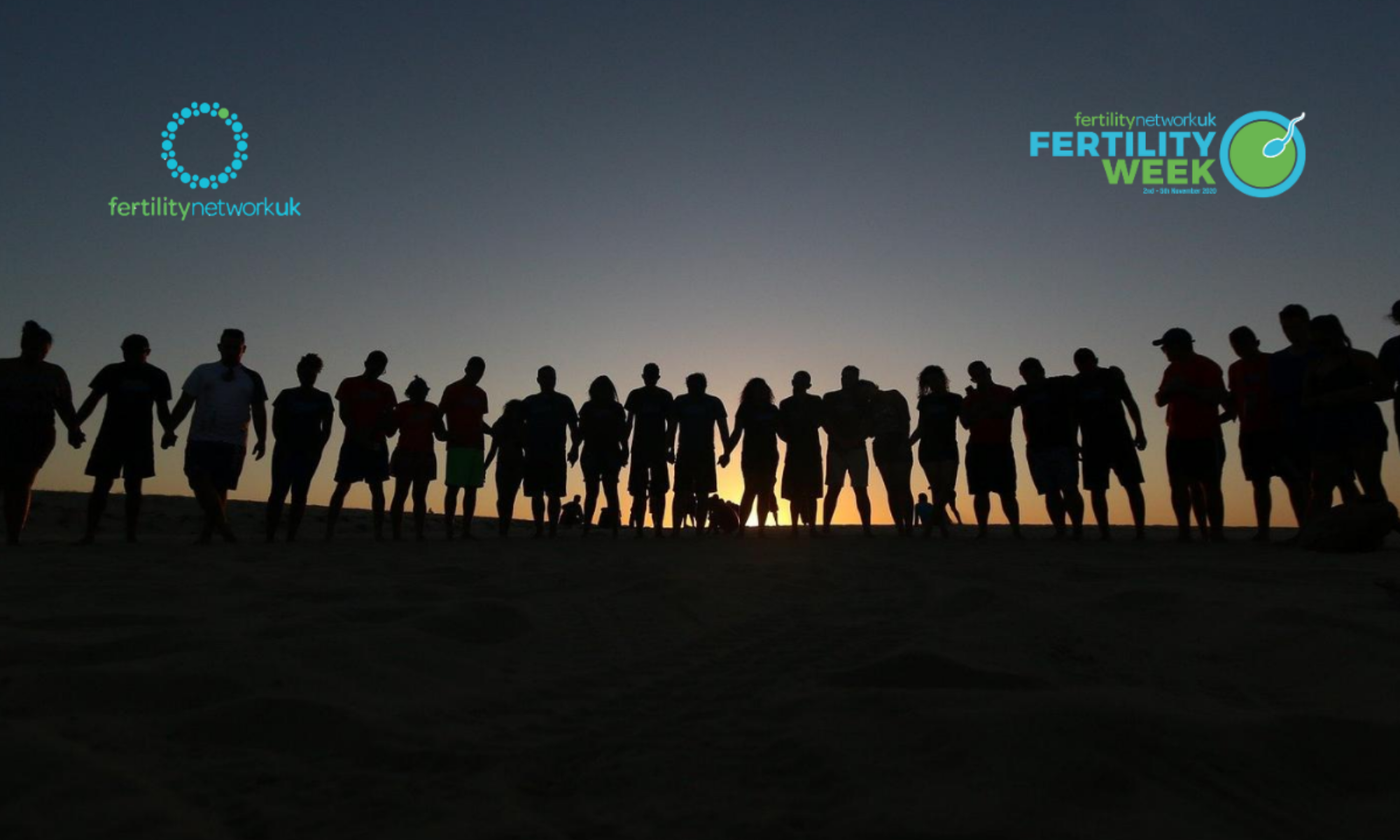I suffer from Asherman’s syndrome (due to D&C procedures from miscarriages). Although it’s considered very rare, I really think it’s a lot more common than we realise, because it’s difficult to diagnose. People don’t talk about the damage that miscarriages can cause to your uterus, potentially making you infertile. But it can be fixed.
The opening to my cervix was covered in adhesions, which stopped my period from coming out and prevented anything from getting in to allow me to get pregnant. I also have a bicornuate shaped (heart shaped) uterus.
The symptoms I had for my Asherman’s were:
Very light period
Severe pain down my back, buttock and legs. Unable to move with it. This would happen the week before my period was due
Severe nausea and dizziness
Spasms down my back passage
Swollen stomach
Not falling pregnant
I had an amazing NHS consultant who treated my Asherman’s and removed my septum in my uterus in 2019, which allowed me to have my second child. My pregnancy was as classed as high risk, but I didn’t meet one midwife who had heard of Asherman’s. This included the midwives who worked in the early pregnancy unit, where I had previously attended for my miscarriage. They didn’t seem to understand that the D&C could cause damage like that.
When initially diagnosed, after a failed attempt at surgery we were told I may need a hysterectomy, and the only possible way to have another biological child would be through surrogacy. I then had an MRI of my uterus, and from that my consultant was able to see a route that she thought she could go with if she had another consultant to do the surgery with her. She said it wasn’t guaranteed, but I knew deep down that I had to try.
The final surgery was successful and afterwards I was fitted with a coil to help prevent anymore adhesions from returning, and I was prescribed estrogen to build up my endometrium. I had to return six weeks later to check no new scar tissue had returned and to remove the coil. When they checked, everything looked amazing and had worked perfectly. My consultant then said to go ahead and try to conceive. Four weeks later I was pregnant!
I started to bleed early on in the pregnancy and I feared it was going to end the same way as my previous miscarriages. That week, waiting on my appointment, I was scrolling through Facebook and saw a post by Tommy’s talking about their PRISM research programme, where they recommend prescribing progesterone to women in pregnancy who have suffered miscarriages. On their page they had an information page they said to print out and take to your early pregnancy appointment.
I had my scan, but they could not give me any answers and I was told I would need to come back in a couple of weeks. I gave them the information sheet from Tommy’s and was advised that they currently did not support it. That just felt devastating and made me feel very small, as if I shouldn’t be questioning different practices. But I had tried so hard to have this baby and wanted to do everything I possibly could to keep it.
The bleeding continued and I waited for my next appointment. Unhappy with my answer and after some pushing from my mum I called my consultant who had carried out the surgery and asked about her thoughts on taking the progesterone. She fully agreed with it and said she would prescribe it for me. Days after I started taking it, the bleeding stopped and my pregnancy continued. I took the progesterone until 18 weeks and fully believe it kept me pregnant.
I had to have scans every month and the following was done:
Monitoring for incompetent cervix by ultrasound, beginning at 16 weeks (looking for shortening of the cervix and “funnelling” of the membranes)
High resolution ultrasound at 28 weeks to check for placenta accreta. Also returned back for a further check around 34 weeks
Irrespective of the results of the testing for placenta accreta, plans were made to deliver at a large “full service” hospital
Following delivery, irrespective of the appearance of the placenta, the uterus had to be explored to verify that no fragments were retained
To everyone’s surprise, the birth went without a hitch!
I think that Asherman’s syndrome needs to be talked about more. You can’t see it easily on a scan and it can be missed so easily. The first consultant I saw blamed bad PMS on my symptoms! I also really want progesterone, which is cheap and doesn’t cost the NHS thousands, to be readily prescribed to women who have previously experienced miscarriages.

